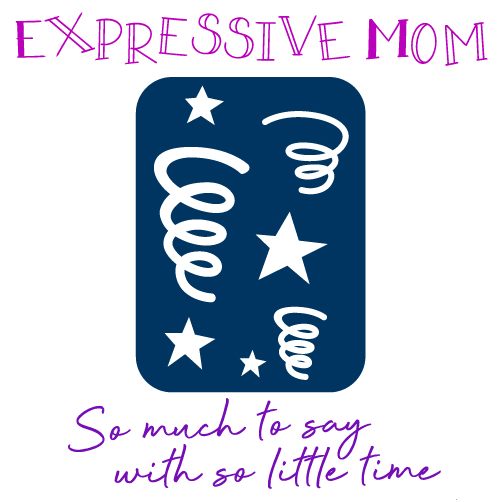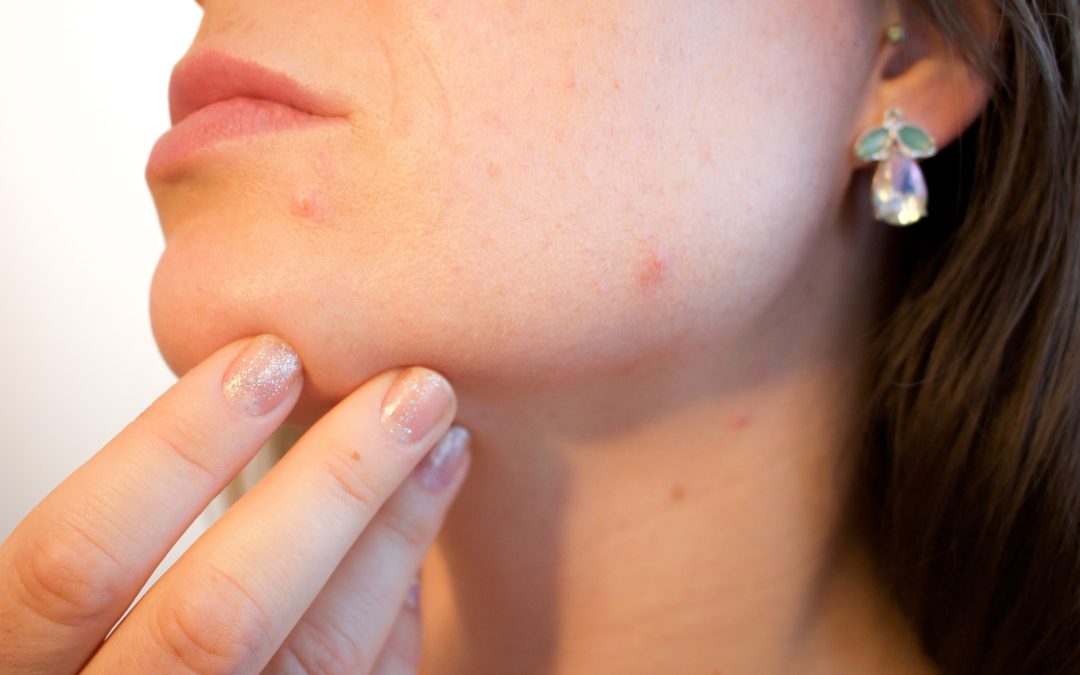I am sure most women have experienced the different effects during our time of the month- we feel bloated and sluggish, our boobs hurt, we crave a lot of food, we have cramps and mood swings, and our skin goes frantic! These are some of the few that happens to us during our period.
What Is A Menstrual Cycle?
The menstrual cycle is how our body prepares itself for pregnancy. It consists of preparing an egg for fertilization and changes in the ovaries and lining of the uterus or endometrium. The menstrual cycle usually lasts 28 days; however, it can fluctuate for several reasons, such as medical conditions, stress, or diet.
Puberty may cause your period to be irregular, but a woman’s cycle becomes more regular as we age. If you have persistent irregular periods, it may be due to medical conditions like Polycystic Ovarian Syndrome (PCOS), endometriosis, or thyroid problems. Some medications can also cause it. It is best to consult your OB-Gynecologist to help regulate your period.
It’s your hormones.
A lot of things happen in your body during your menstrual cycle. Different hormones become more active than usual, depending on the stage of the menstrual cycle. These hormones are responsible for the changes on your skin– from being dry to radiant to oily.
While you prepare your period underwear, tampons, and napkins as you get close to your period, you can also prep up your skin depending on your menstrual cycle.
Stage 1: Period phase (Days 1-6)
Your hormonal production is low during the first week of the menstrual cycle or your menstruation period. Because of the estrogen and progesterone dip, the skin tends to be dry and dull, making fine lines or wrinkles more noticeable.
To address the dryness and dullness of your skin, don’t forget to slather on your favorite moisturizer. It will also be the perfect time to use a hydrating mask to help your skin absorb more moisture. Make sure also to drink plenty of water to keep your skin hydrated. You may also drink herbal teas rather than caffeinated tea or coffee at this stage.
Stage 2: Follicular phase (Days 7-11)
Your estrogen level slowly rises in the follicular phase, stimulating cell turnover. This stage is where your skin is at its best. You may notice that your skin is glowing more during this stage and is less prone to irritation. Also, testosterone levels begin to rise, producing more natural moisture and collagen. This makes your skin stronger and more elastic.
You may use a gentle cleanser and a light moisturizer during this stage since you already have your natural moisture. You can also put in some Vitamin C serum to boost your glow.
Stage 3: Ovulation (Day 12-16)
Estrogen levels peak at this point, giving your skin a healthy glow over the next few days. Your progesterone level will start to rise, too, leading to oilier skin.
Make sure to use oil-free skincare during this phase. Choose non-comedogenic products to avoid clogging the pores. Also, choose light and water-based products like micellar water and face mist to reduce oiliness. Of course, do not go to bed with makeup, and avoid touching your face to prevent bacterial growth and acne.
Stage 4: Luteal Phase (Days 17-28)
This stage is where the premenstrual symptoms happen- from having a lot of food cravings to irritable mood and bloating. The hormone progesterone also peaks during this stage, meaning your oil glands are active and produce more oil than usual. It’s that time of the month when hormonal acne strikes, making us focused on getting rid of zits.
It will be an excellent time to use facial wash and cleansers with salicylic acid to help heal pimples. You can also use a clay-based mask to remove excess oil and skin impurities. Avoid touching your face and picking blackheads, whiteheads, and acne. If possible, avoid wearing makeup now, as this may clog your pores. If you need makeup, go for a natural look and ditch the heavy foundations. Avoid layering too much makeup, such as highlighters, concealers, setting powders, and cream.
Other Skincare Tips
Aside from the tips mentioned above, here are other generic skincare tips you may apply to keep your skin clear and fresh.
- Do not over-exfoliate. This practice can irritate your skin, cause more inflammation, and strip off the skin’s natural moisture.
- Clean your makeup brushes regularly to avoid bacterial growth.
- Wear sunscreen every day. It’s used to protect your skin from the sun and prevent UV rays from damaging your skin.
- Have a healthy and balanced diet. Drink plenty of water.
- Get seven to nine hours of sleep. Give your skin time to heal.
- Worst comes to worst, and your skin is still problematic; even if you have done your best, consult a dermatologist.



Connect With Me !